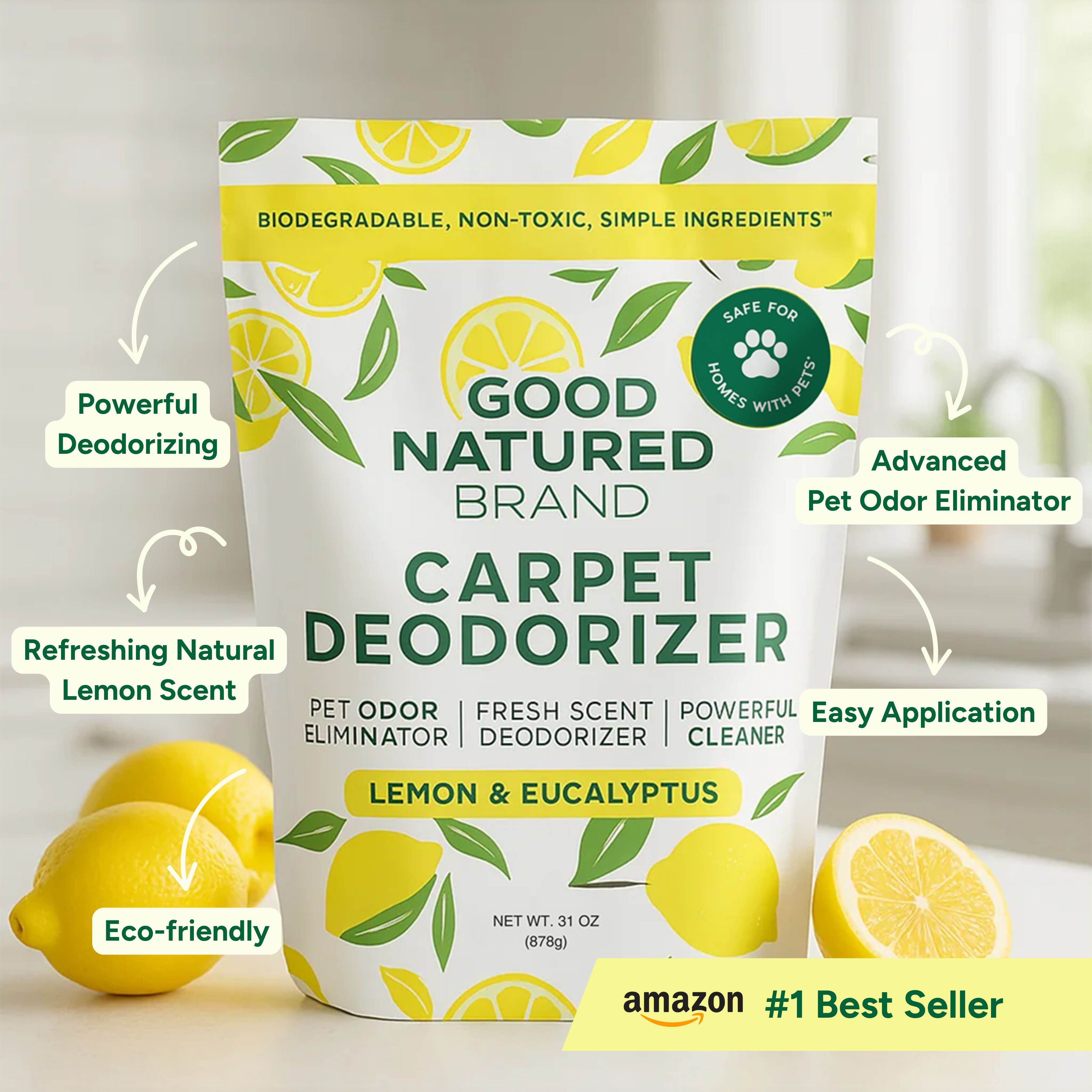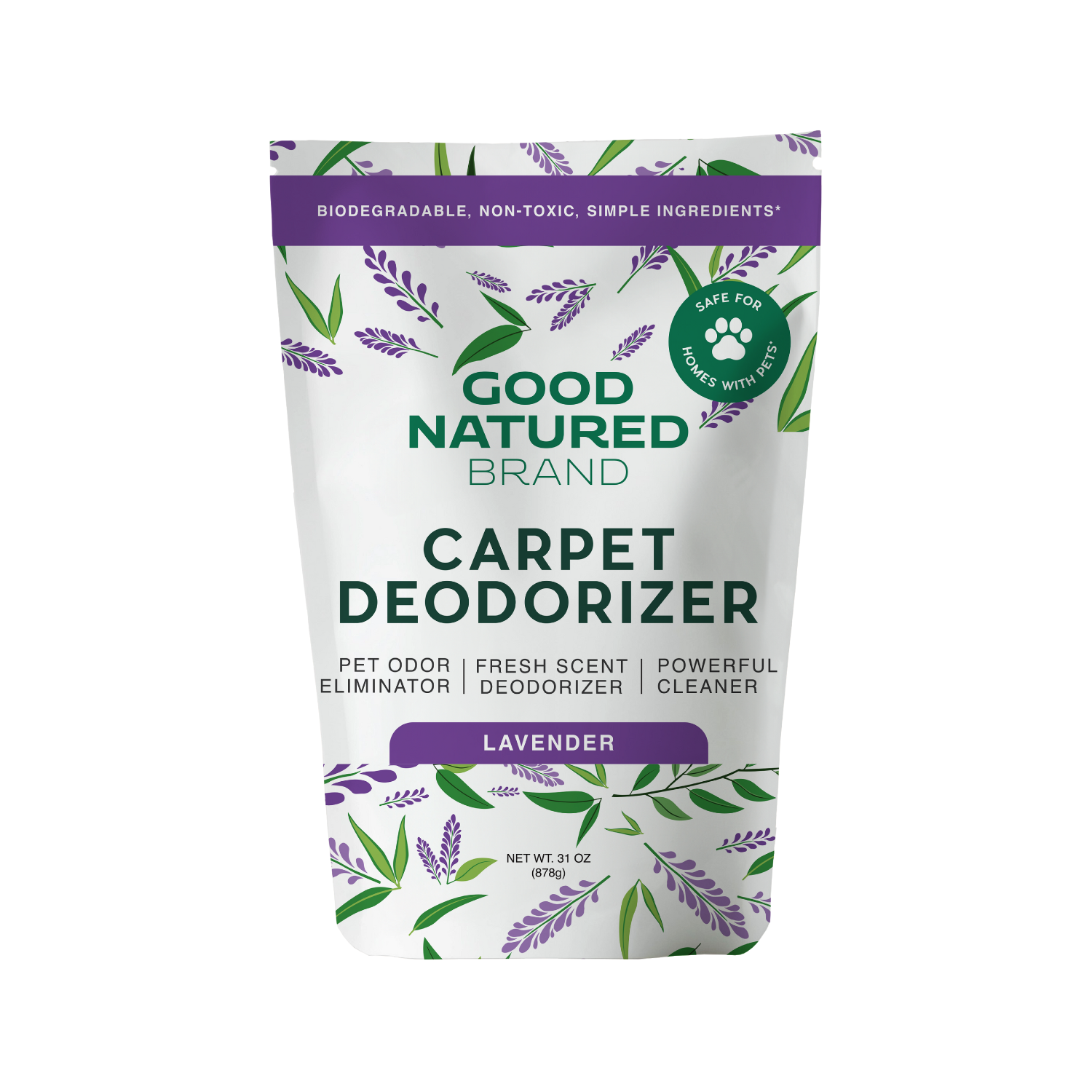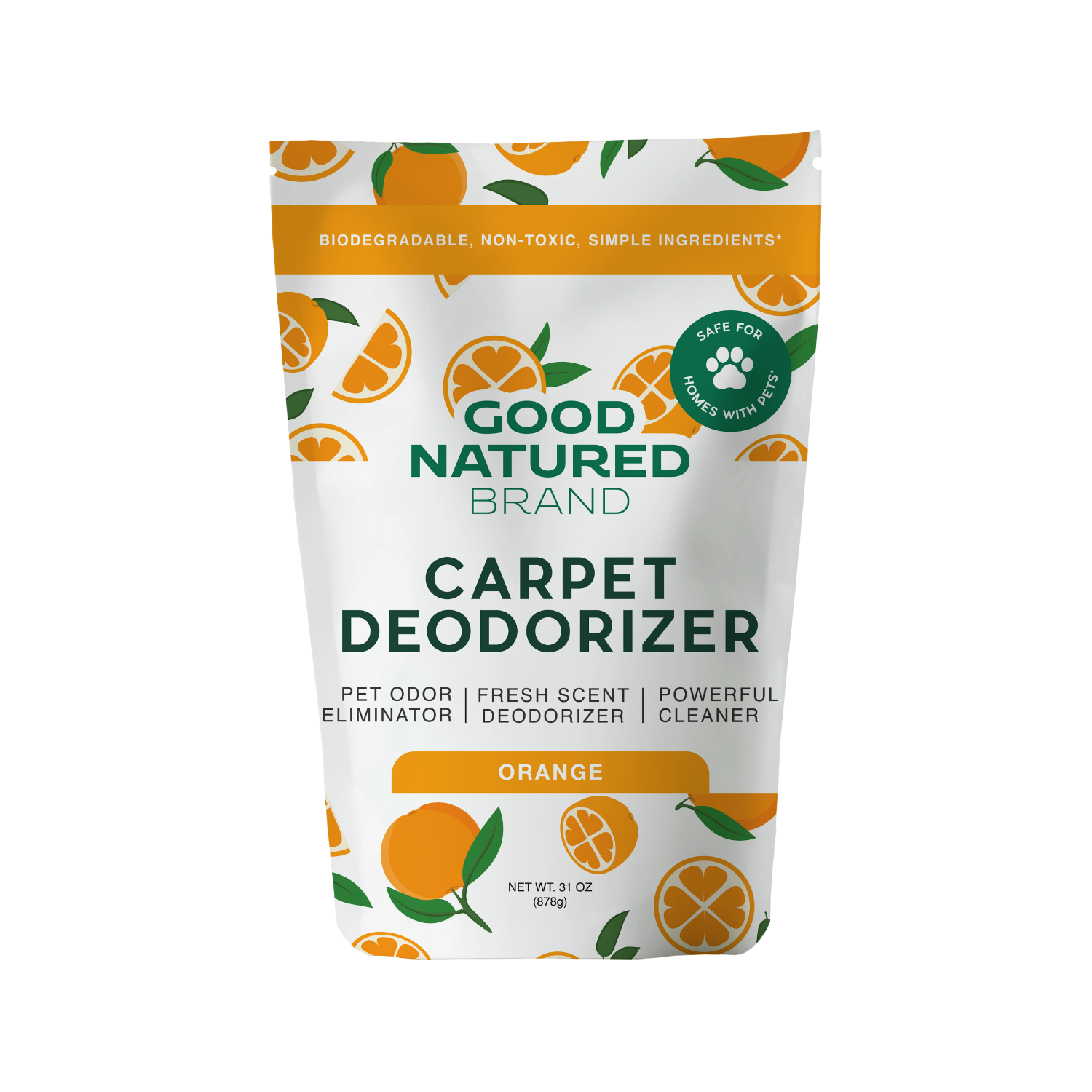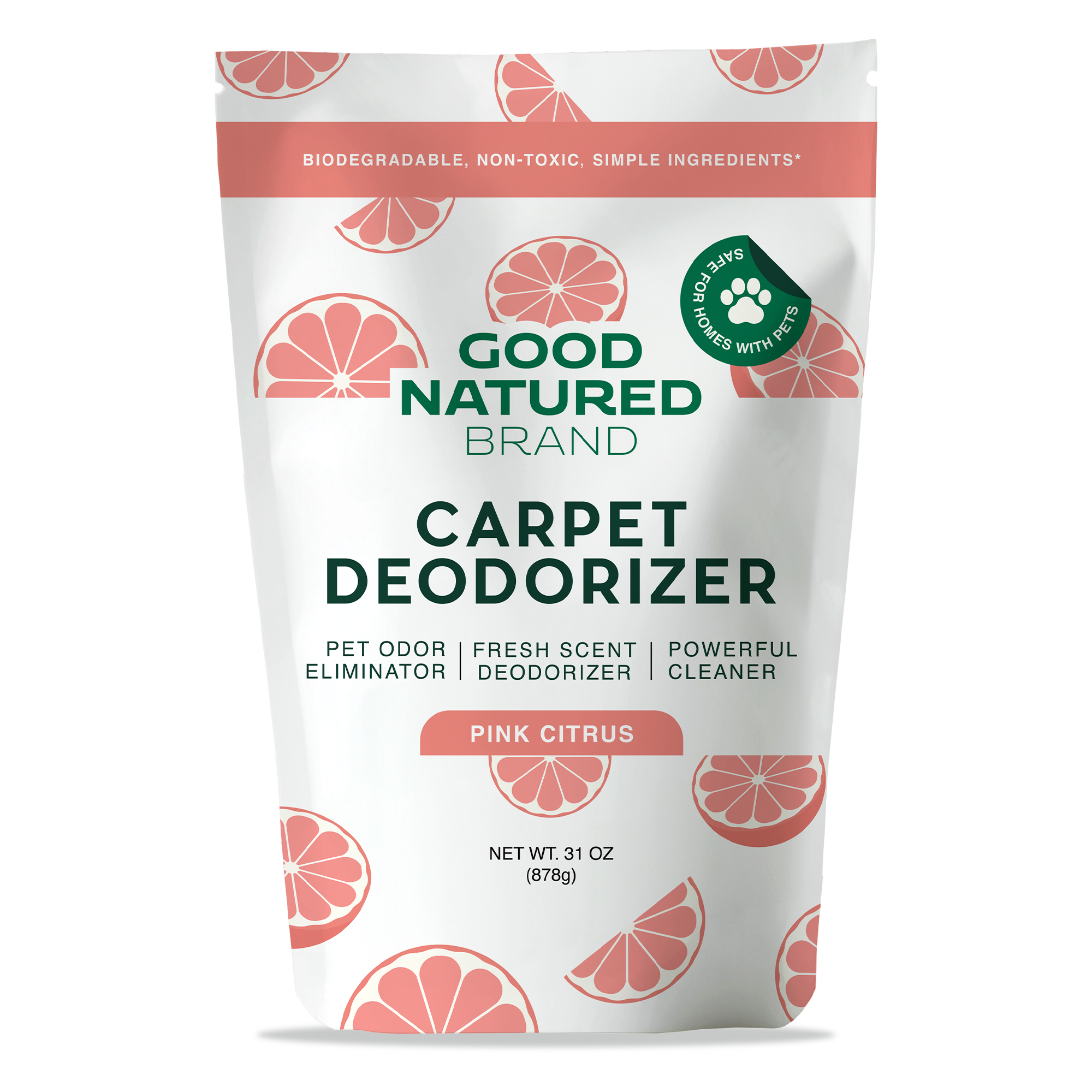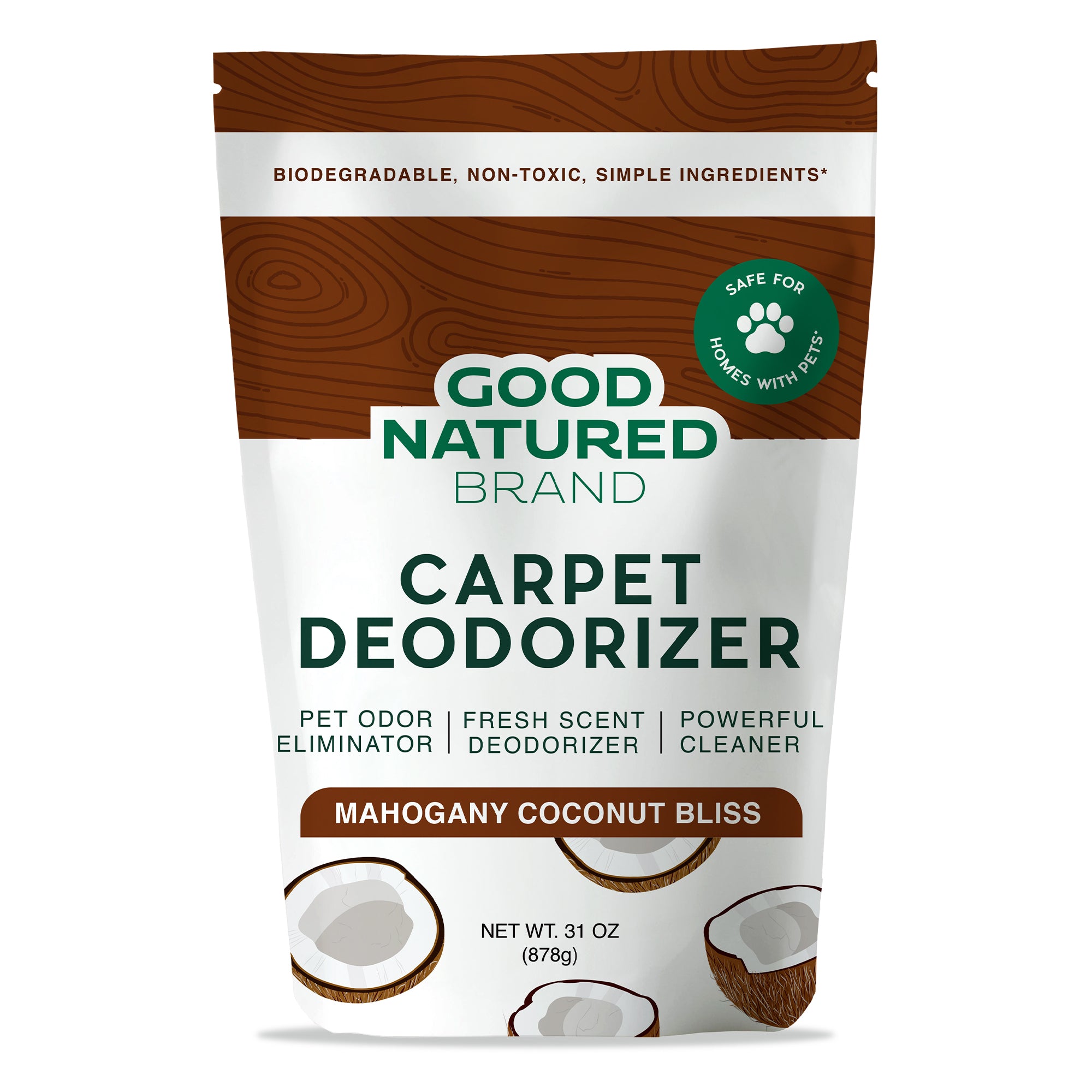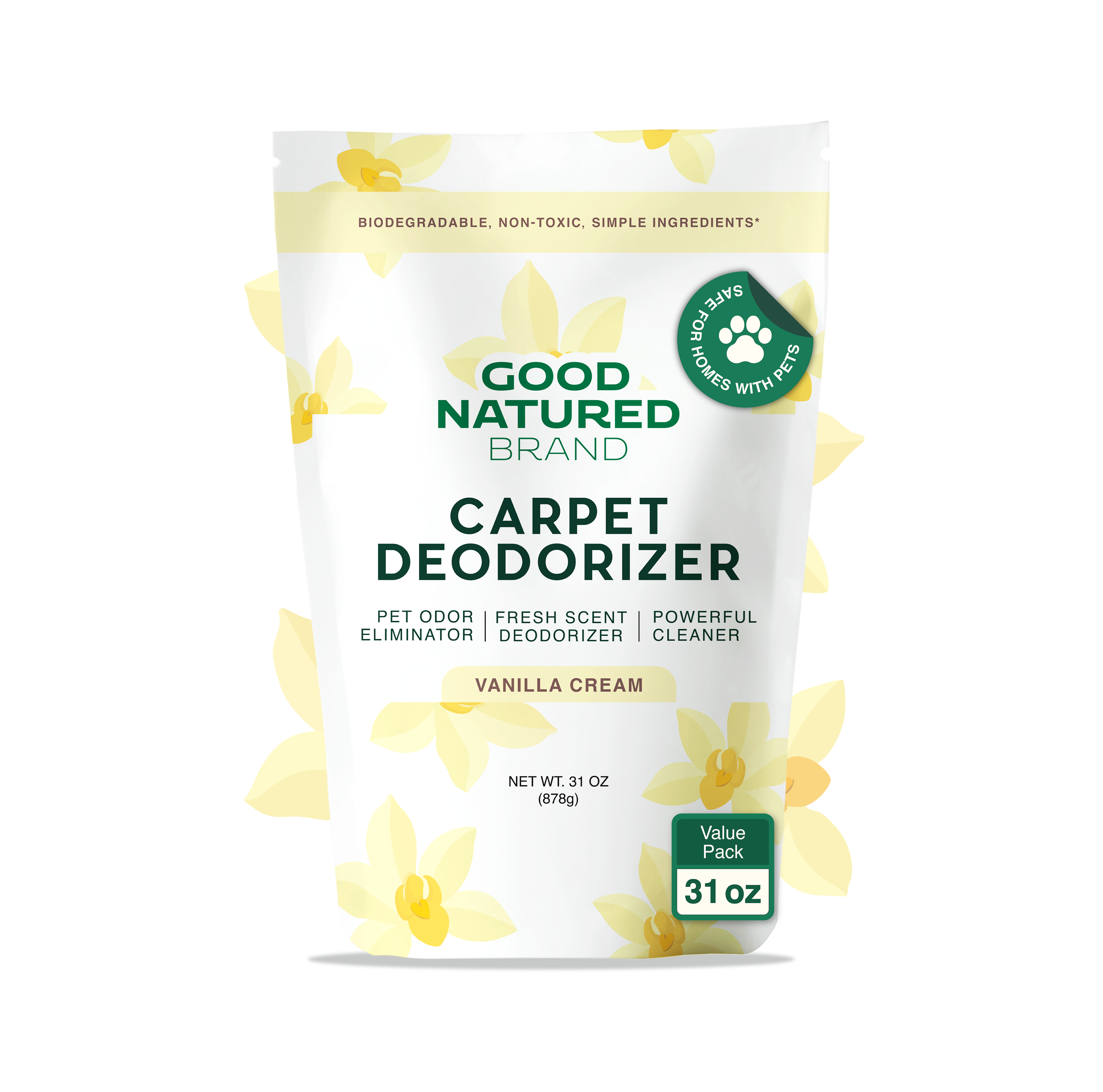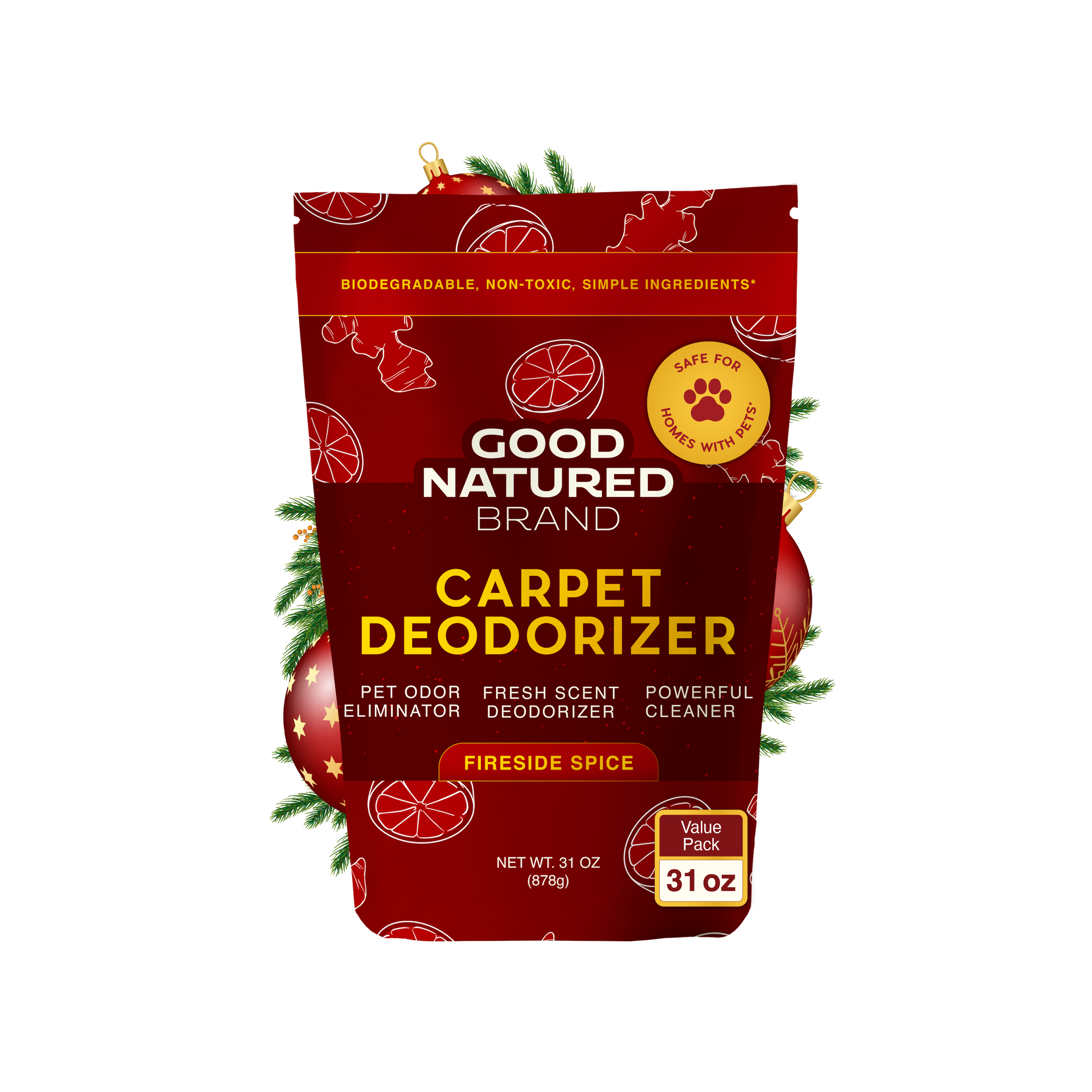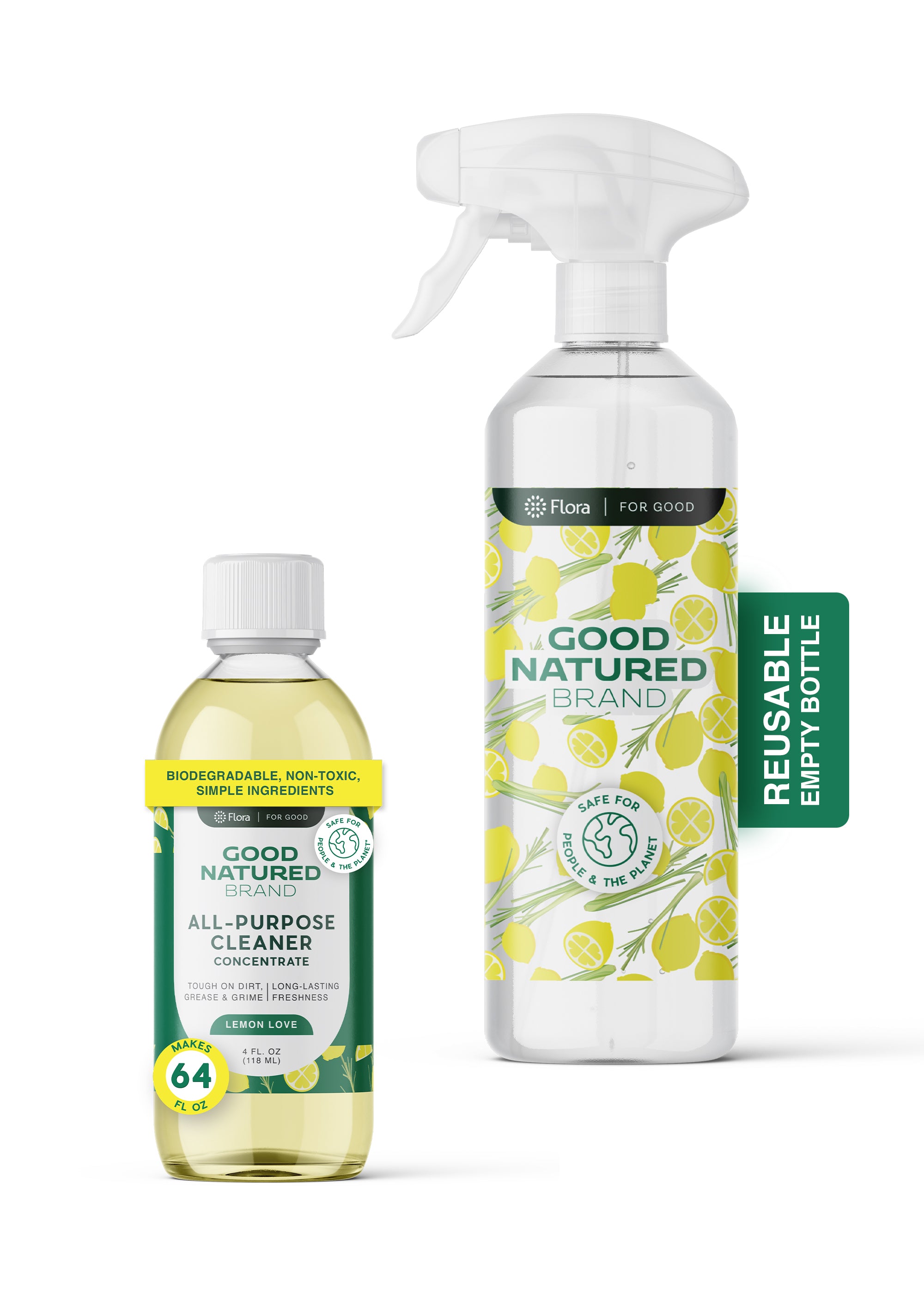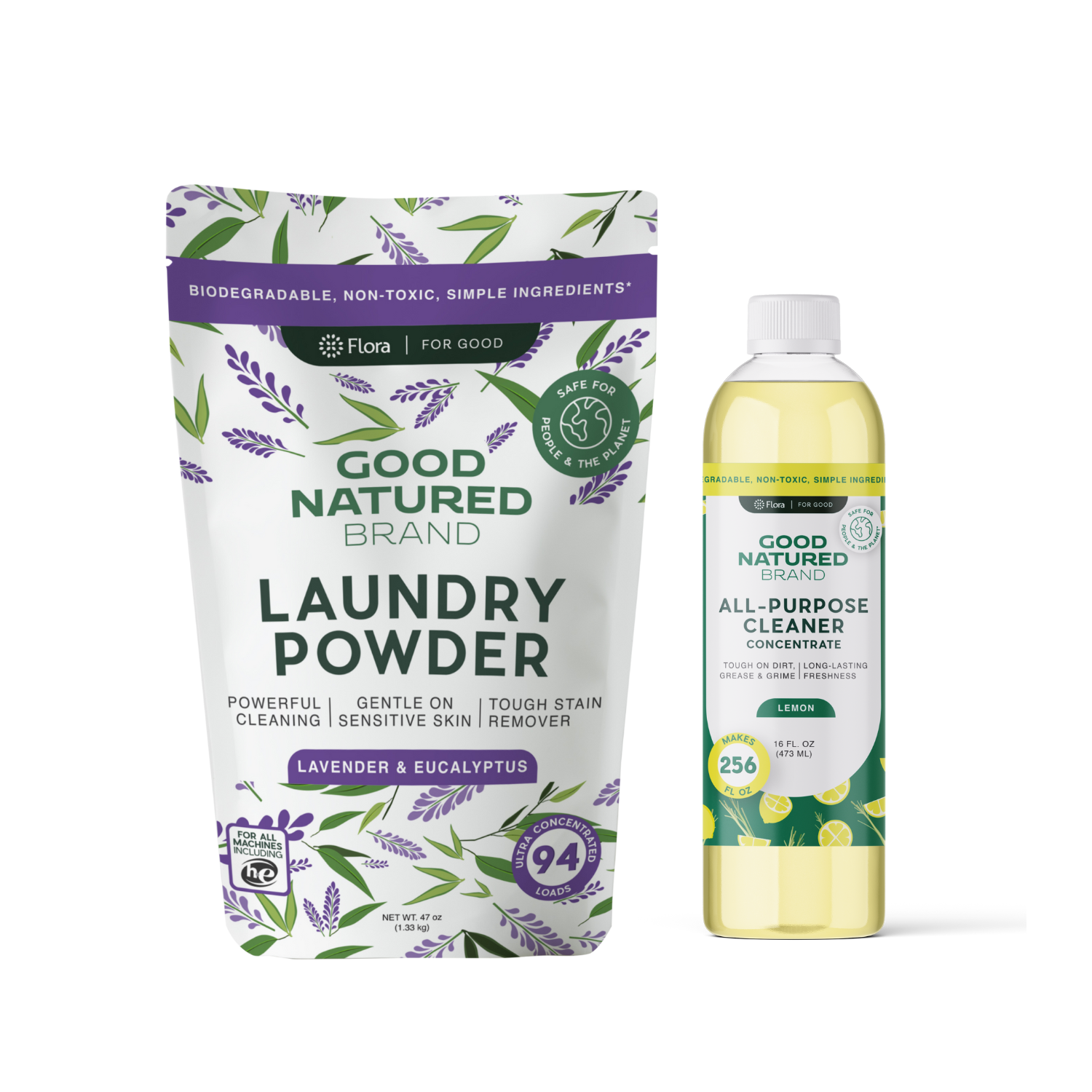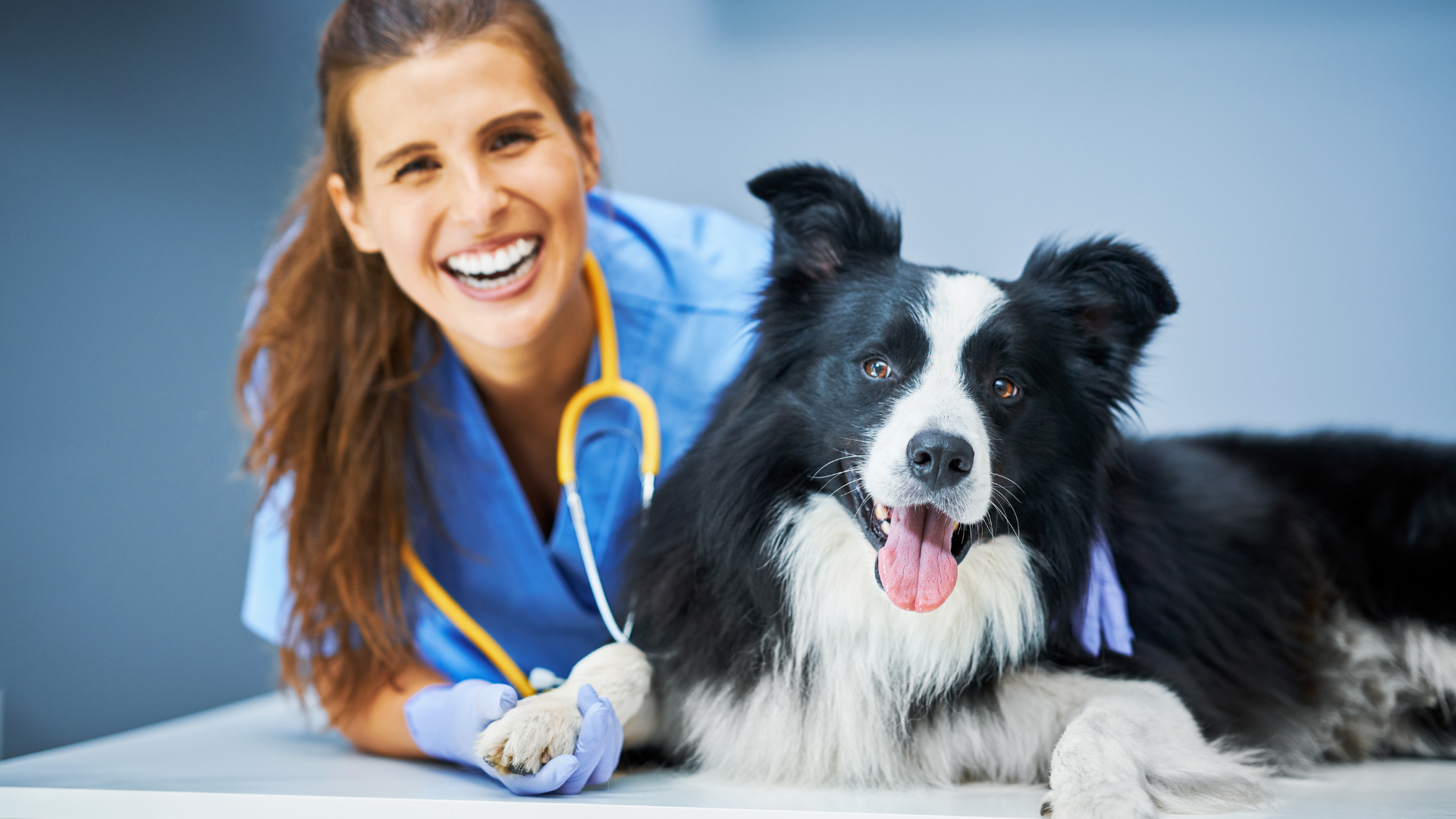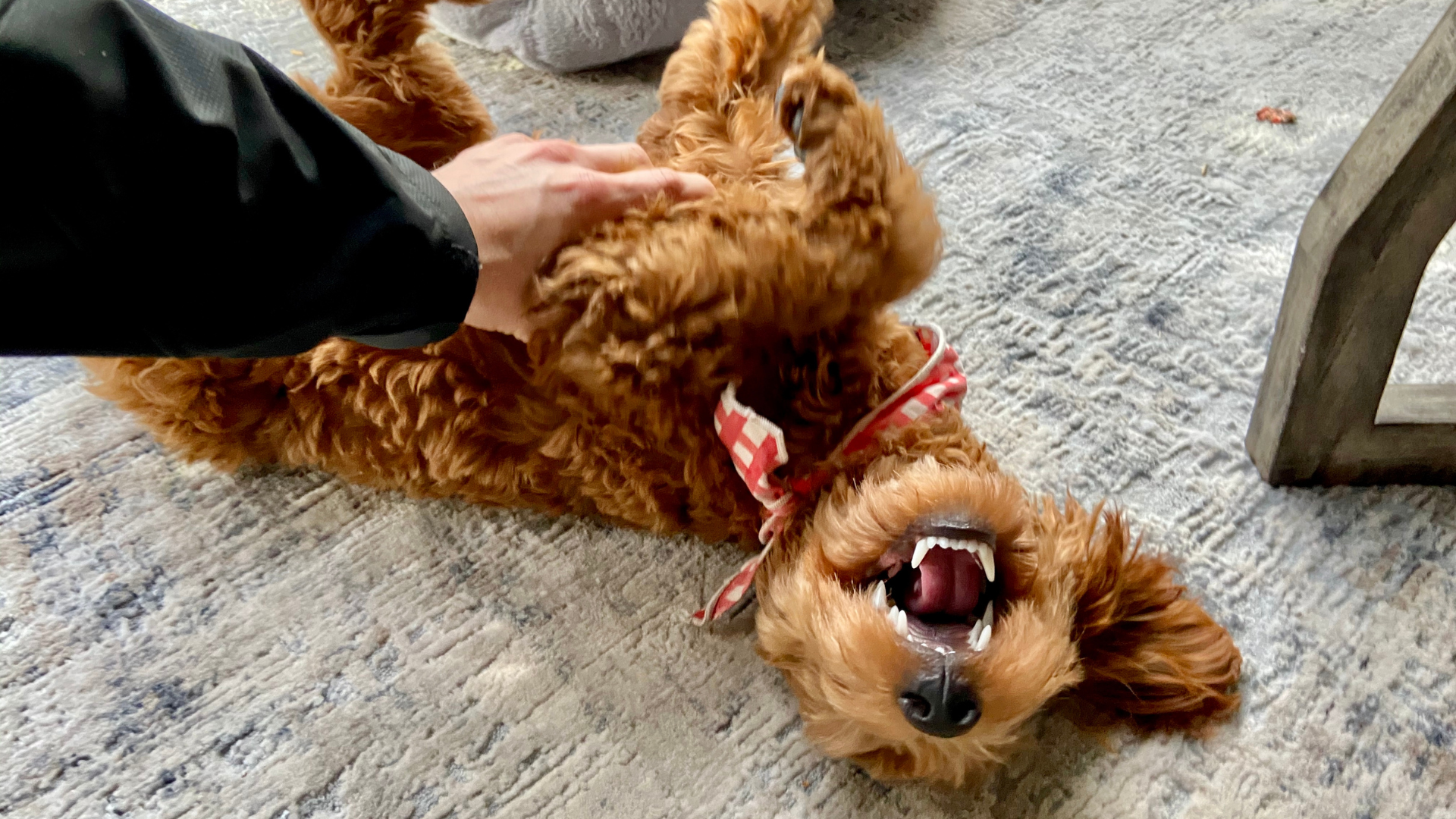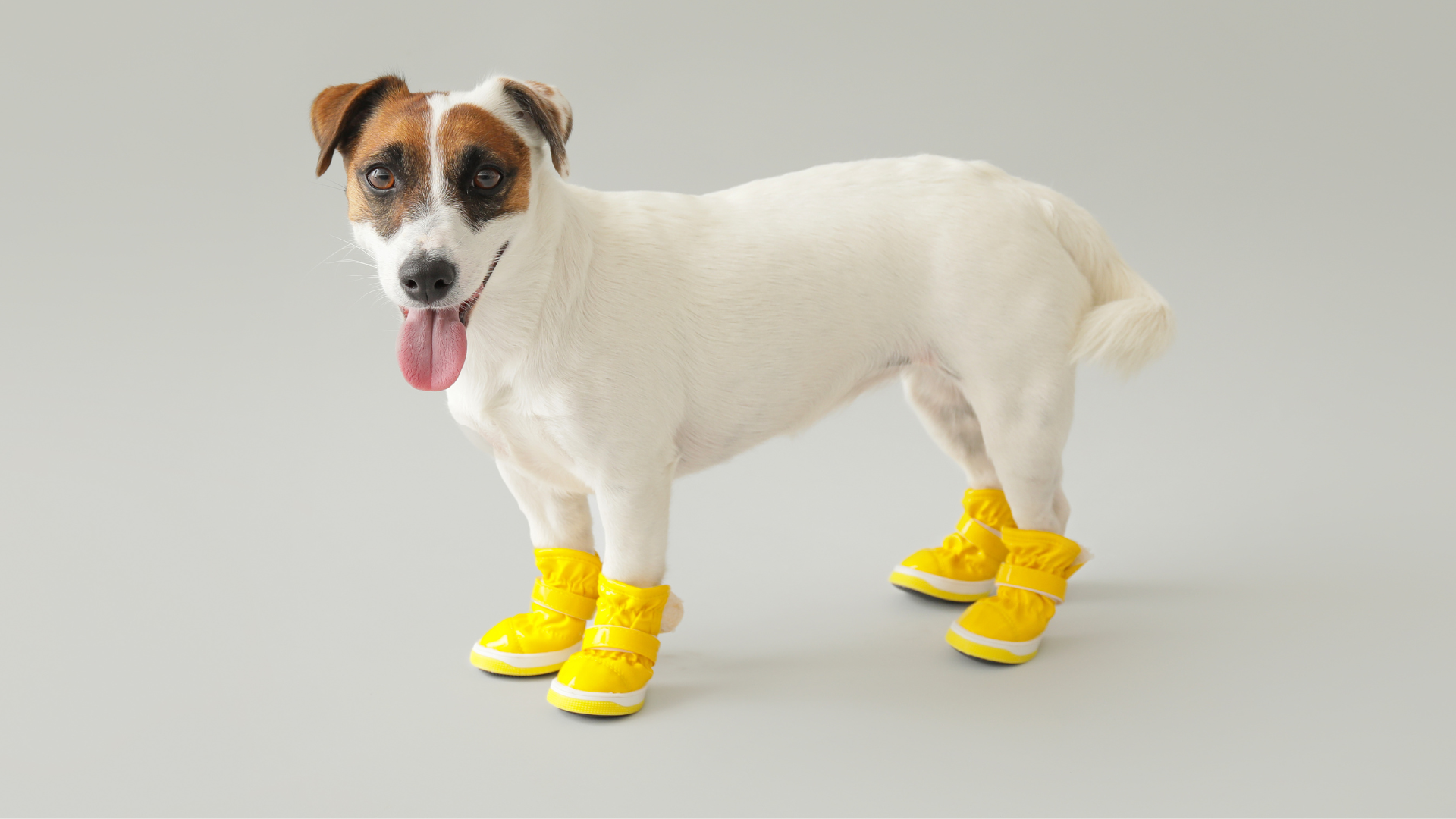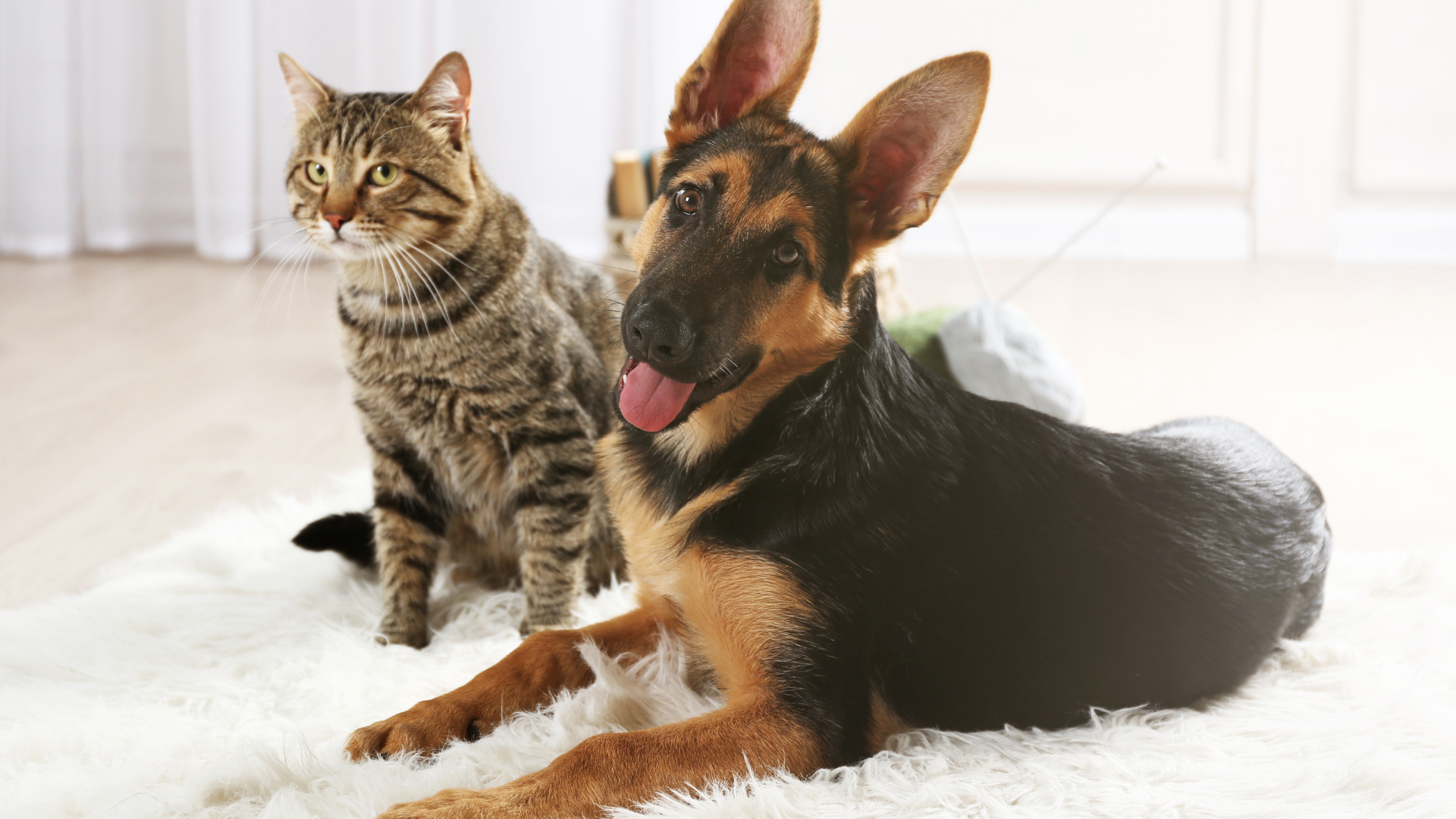Understanding the “Huffing” Behavior in Dogs
As a dog owner, you’ve probably experienced moments when your furry friend lets out a noticeable “huff.” This sound, often accompanied by a particular expression or body language, is commonly associated with frustration or annoyance. But why do some dogs “huff” when they’re annoyed, and what does it mean? Understanding the reasons behind this behavior can help you better interpret your dog’s emotional state and improve your bond.
Dogs, like humans, communicate their feelings and needs in various ways. From tail wagging to barking, growling, and even whining, vocalizations play a significant role in their communication toolkit. The “huff,” often characterized by a forceful exhalation through the nose, is one of those unique sounds that dogs use to express their displeasure or frustration. It’s important to recognize that the huffing sound is often a sign of passive resistance or irritation, and can indicate that your dog is upset about something in their environment.
The Science Behind Dog Vocalizations: Why Dogs Make Sounds
Before diving into why dogs “huff,” it’s important to understand how and why dogs make sounds in general. Dogs, like other animals, rely on vocalizations as a primary means of communication. These vocalizations can range from simple noises like barking or whining to more complex sounds like howling or growling. Each sound serves a specific purpose, and the context in which it’s used helps pet owners decode their dog’s emotions and needs.
The vocal cords of a dog work in much the same way as a human’s. When a dog huffs, they expel air rapidly through the nose, often combined with an accompanying body movement, like a raised head or rolling eyes. This sound can be triggered by a variety of situations, including annoyance, frustration, or even a form of passive-aggressive communication.
Dogs often use huffing to convey their emotions when they want to express their discontent but are not in an overtly aggressive state. Huffing can serve as a subtle way for a dog to indicate that they are upset, without resorting to more aggressive behaviors like growling or snapping. It’s their way of saying, “I’m not happy with this situation, but I’m not ready to escalate it.”
What is a Dog Huff? Understanding the Noise
The “huff” sound itself is a quick, forceful exhalation of air through the nose. It may sound similar to a sigh, but it’s typically louder and more pronounced. For many dog owners, the huff is a distinctive noise that often accompanies certain situations, such as when the dog is asked to do something they don’t want to, like taking a bath or getting off the couch. It can also occur when they’re feeling ignored or when they want to grab your attention.
Understanding the huff is key to decoding your dog’s emotional state. The huff often reflects mild annoyance or impatience. For example, if your dog is waiting for their meal and you’re taking too long, they may huff to express their impatience. Similarly, if your dog is uncomfortable or unhappy with a situation, they might huff to communicate that they’re not pleased but aren’t about to lash out.
Huffing vs. Other Vocalizations
It’s also important to differentiate huffing from other common dog vocalizations. For instance, whining is often used by dogs to express a need, such as wanting attention or a walk. Growling is usually a more aggressive sound and is often a warning sign that a dog feels threatened or cornered. The huff, however, is less intense and can be seen as a form of passive communication, signaling that your dog is frustrated or displeased but not ready to engage in conflict.
A dog’s ability to make such a nuanced sound as the huff shows just how much dogs rely on vocalizations to communicate their needs. Recognizing the differences between a huff, a bark, and a growl can help you better understand your dog’s emotions and respond in a way that improves your relationship with them.
When Do Dogs Huff? Triggers and Context
Huffing is a behavior that tends to occur in certain situations when your dog feels annoyed, frustrated, or even bored. By identifying the triggers behind the huffing, you can gain a better understanding of your dog’s emotional needs and begin addressing the root causes of the behavior. Let’s take a closer look at some common scenarios where dogs are likely to huff.
Discomfort During Grooming or Bath Time
Many dogs huff when they’re asked to undergo grooming or bathing. These activities, while necessary, can be uncomfortable for some dogs, particularly those who aren’t used to them. The act of getting wet, having their paws touched, or being brushed can lead to a huff of displeasure. Dogs might huff as a way of expressing their discomfort or impatience with the grooming process.
If your dog huffs during bath time, it’s essential to remain calm and gentle. Use positive reinforcement to reward your dog for good behavior during grooming sessions. You can also make the experience more enjoyable by offering treats or playing with your dog before and after the bath to help them associate grooming with positive experiences.
When They Don’t Get the Attention They Want
Dogs are social animals that crave attention and affection from their owners. If your dog is trying to get your attention but isn’t receiving it, they may huff as a form of protest. This can happen when they’re feeling ignored or left out of the action, particularly if they want a treat, a toy, or some playtime.
In these situations, it’s important to be mindful of your dog’s needs. If your dog huffs because they feel ignored, it’s a sign that they want your attention and may be looking for affection. You can address this behavior by offering your dog attention when they’re calm, reinforcing positive behavior with praise and treats.
Impatience or Frustration
Huffing is also a common sign of impatience. For instance, if you’re taking too long to feed your dog, or if they’re excited about going outside but have to wait, they may let out a huff as a way to express their impatience. Huffing can also occur if your dog is frustrated with a task, like trying to fetch a toy that is out of their reach.
To help manage frustration-related huffing, ensure that your dog’s needs are met in a timely and consistent manner. Regular feeding schedules, routine walks, and sufficient playtime can all help reduce frustration and impatience, ultimately leading to fewer huffing incidents.
If your dog’s huffing is accompanied by messy areas or wet paws, you might want to clean up afterward using Good Natured Brand’s All-Purpose Cleaner, which is safe for pet-friendly environments and effective at removing dirt and odors. Additionally, keeping your dog’s environment clean with Carpet Deodorizers and Laundry Powders will help maintain a fresh, calm setting that reduces stress for your dog.
The Psychological and Emotional Triggers Behind Huffing
Huffing is often an expression of a dog's emotional state. While it can be seen as an annoying behavior, it’s important to understand that it’s a form of communication. Dogs use huffing to express their emotions, especially when they’re feeling frustrated or irritated. Just like humans sigh when they’re irritated, dogs huff when they want to communicate dissatisfaction, but without escalating to more aggressive behavior.
Frustration and Stress
Dogs are creatures of habit, and they thrive on routines. When something disrupts their normal routine or they are faced with situations they don’t like, they may show their frustration through huffing. For example, if a dog is asked to get into the car for a trip to the vet or if they are kept waiting for their food, they may huff to signal their displeasure.
This form of expression can be a sign of stress or frustration, especially when there is no immediate resolution to what they desire. Dogs who have been left alone for long periods or who are not getting enough mental or physical stimulation might also show their irritation through huffing. In these cases, addressing the underlying cause of their stress is essential for preventing the behavior from becoming a pattern.
If your dog’s frustration seems to stem from a lack of activity, it may help to ensure they are getting enough exercise and playtime. Regular walks, runs, and interactive play sessions not only reduce frustration but also keep your dog healthier and happier overall. If your dog’s living space gets messy during these activities, consider using Good Natured Brand’s Carpet Deodorizers to keep the area clean and fresh.
Boredom and Lack of Engagement
Boredom is another significant trigger for a dog’s huffing behavior. When dogs don’t have enough to do, they can become irritated and restless. Just like humans, dogs need stimulation to keep their minds sharp. Without mental engagement, they may express frustration through huffing, especially if they are trying to get their owner's attention or if they are bored with the environment around them.
To prevent boredom from leading to huffing, it’s important to provide your dog with activities that keep them engaged. Puzzle toys, treat-dispensing toys, and obedience training exercises are excellent ways to keep your dog’s mind active. Regular interaction with your dog is crucial, and ensuring they have a variety of toys to play with can also help curb feelings of frustration.
If your dog has been playing or engaging in activities and there are some spills or messes afterward, using Good Natured Brand’s Laundry Powders will ensure that any soiled bedding or toys are fresh and clean. This contributes to maintaining a tidy and stress-free environment for both you and your dog.
How to Respond When Your Dog Huff’s in Annoyance
Now that you have a better understanding of the emotional triggers behind your dog’s huffing, it's essential to know how to respond when your dog exhibits this behavior. Understanding the context and providing appropriate feedback will ensure that the huffing doesn’t escalate into more disruptive behavior.
Avoid Punishment: Redirect the Behavior
Punishing your dog for huffing is not only ineffective but could also lead to further frustration or anxiety. Huffing is a passive communication method, and punishing your dog for it may cause confusion and stress. Instead, focus on redirecting your dog’s attention to more positive behaviors.
For instance, if your dog huffs when you’re preparing their food but hasn’t been fed yet, try to calm them by offering a treat or engaging them in a quick training session to distract them. The goal is to teach your dog that expressing frustration in this way doesn’t lead to rewards, while calm behavior is rewarded. Positive reinforcement is the key to curbing annoying vocalizations.
Also, by maintaining a consistent and predictable routine, your dog will start to understand what is expected of them and when to expect certain activities, such as mealtime or playtime. This can reduce the chances of frustration-related huffing, as your dog won’t feel the need to express their irritation when their needs are met consistently.
Provide Comfort and Attention
One of the best ways to reduce your dog’s huffing is by providing comfort and attention when they need it. If your dog huffs because they’re feeling lonely or want attention, it’s essential to acknowledge their feelings in a calm and supportive way. Offering a gentle petting session, a game of fetch, or some one-on-one time can help alleviate their frustration.
If you notice your dog is getting frustrated when you’re not paying attention, try giving them a brief, positive interaction. This shows your dog that their needs are being met and they won’t need to express their frustration through vocalizations. It’s also helpful to ensure that your dog has a comfortable and quiet space where they can retreat when they need time alone.
Additionally, a clean and fresh environment plays a vital role in ensuring your dog feels comfortable. After a session of play or a busy day, consider using Good Natured Brand’s All-Purpose Cleaner to wipe down surfaces and create a welcoming, clean environment that supports relaxation.
Training Techniques to Minimize Annoyance Behavior
Training your dog is one of the most effective ways to reduce frustration-related huffing and improve overall behavior. By teaching your dog to communicate in healthier ways and reinforcing positive behavior, you can minimize the likelihood of your dog resorting to huffing when they’re annoyed.
Teach “Quiet” or “Enough”
One way to handle huffing is by teaching your dog a specific command, such as “quiet” or “enough.” Start by saying the command in a calm tone when your dog begins to huff, and reward them when they stop making the noise. This teaches your dog that calm behavior gets rewarded, and huffing or other disruptive sounds do not. Over time, your dog will begin to associate the command with stopping the unwanted behavior.
Use Positive Reinforcement
Always reinforce good behavior with treats, praise, or affection. Positive reinforcement encourages your dog to continue exhibiting calm and controlled behavior. If your dog huffs when they’re excited or frustrated, you can use treats to redirect their attention and reward them for staying calm in similar situations.
By using positive reinforcement, you not only reduce the likelihood of huffing but also improve your dog’s overall responsiveness to commands. This makes your interactions with your dog more harmonious and less frustrating for both parties.
After a training session, remember to freshen up your dog’s space with Good Natured Brand’s Carpet Deodorizers to ensure it’s as pleasant as possible. Clean bedding and toys can also contribute to maintaining a stress-free environment, further reinforcing positive behavior in your dog.
How to Prevent Huffing in the Long-Term
Prevention is always better than cure. To reduce the likelihood of huffing becoming a recurring problem, you need to address the root causes of your dog’s frustration or anxiety. Here are some strategies that can help prevent huffing in the long term:
Provide Regular Exercise and Mental Stimulation
Dogs that are mentally and physically engaged are less likely to express frustration through huffing. Ensure your dog gets enough exercise each day, whether it’s through walks, runs, or playtime. Mental stimulation is equally important—provide your dog with puzzle toys, training sessions, or interactive games that keep their minds sharp.
Regular activity not only reduces frustration but also helps tire your dog out, leading to a calmer demeanor overall. If your dog’s playtime results in a bit of a mess, using Good Natured Brand’s Laundry Powders to clean any soiled toys or bedding can maintain a pleasant environment for your dog.
Maintain a Routine
Dogs thrive on routine, and a predictable daily schedule can help reduce frustration and anxiety. Regular feeding times, consistent walk schedules, and fixed playtimes give your dog a sense of security and help them feel more settled. A structured routine makes it easier for your dog to understand when they’ll get attention, exercise, and food, reducing the chances of frustration-driven huffing.
By maintaining a clean and organized environment and providing your dog with the appropriate outlets for their energy, you can reduce the frequency of huffing behavior. Keep your dog’s resting area comfortable by using Good Natured Brand’s Carpet Deodorizers and ensure a pleasant and stress-free space for them to relax.
Managing Your Dog’s Huffing: Creating a Positive Environment
While understanding the reasons behind your dog’s huffing is a great first step, the next key part is managing this behavior effectively. By creating a positive, calm, and structured environment, you can help minimize frustration and frustration-related vocalizations. This will not only reduce the frequency of huffing but also improve your dog’s overall well-being.
A Calm and Consistent Environment
The foundation for managing your dog’s huffing behavior lies in providing them with a calm, predictable environment. Dogs are creatures of habit, and any disruption to their routine can cause anxiety, restlessness, or frustration—leading to more huffing.
Ensure your dog has a structured daily routine for feeding, playtime, walks, and relaxation. Consistency will provide comfort and security, as your dog will come to know when to expect each activity. By reducing the uncertainty in their day-to-day life, you can help lower frustration and the likelihood of vocalizations such as huffing.
Incorporate a regular cleaning schedule into your routine to maintain a peaceful and organized space. Regularly use Good Natured Brand’s Carpet Deodorizers to keep your dog’s resting areas fresh and free of odors, which can contribute to a relaxing environment. Additionally, cleaning up any messes created during playtime or training sessions with Good Natured Brand’s All-Purpose Cleaner ensures that your home remains both pet-friendly and calming.
Creating a Comfortable and Safe Space for Your Dog
Dogs are more likely to exhibit frustration or anxiety when they don’t have a designated safe space to retreat to. A calm and quiet area where your dog can rest without being disturbed is essential, especially if they tend to huff when feeling overwhelmed. This space could be a crate, a bed in a quiet room, or a cozy corner with their favorite blanket or toys.
In addition to providing them with a comfortable resting area, ensure that your dog has plenty of outlets for both physical and mental stimulation. Exercise is crucial for alleviating frustration, so make sure your dog gets enough walks, runs, or playtime to tire them out. Mental stimulation through puzzle toys or obedience training is also important to keep them engaged and prevent boredom-induced huffing.
You can use Good Natured Brand’s Laundry Powders to wash your dog’s bedding, ensuring that their safe space remains clean and fresh. A clean environment is not only more comfortable for your dog but also contributes to reducing anxiety and frustration, which can lead to huffing.
Addressing Specific Situations: How to Handle Common Huffing Triggers
Understanding the common triggers for your dog’s huffing allows you to address each situation effectively. Here are a few specific scenarios where your dog may huff and how to handle them:
During Grooming or Bath Time
For many dogs, bath time or grooming sessions can be a source of stress. If your dog huffs when it’s time for a bath, it’s important to approach the situation with patience and positivity. Avoid forcing your dog into the bath or becoming frustrated with their behavior. Instead, try to make the process as enjoyable and stress-free as possible. Use gentle, dog-safe products and reward them with praise or treats when they behave calmly.
If your dog is particularly sensitive to grooming, you might want to break the process into smaller, more manageable steps. Start by introducing them to the grooming tools slowly and in a calm environment, and gradually increase the duration of the sessions. Offering praise or treats for their patience will help them associate grooming with positive experiences, making them less likely to huff in frustration.
If your dog tends to create a mess during grooming sessions, you can freshen up the area afterward with Good Natured Brand’s All-Purpose Cleaner. This ensures that your space stays clean while providing a stress-free environment for both you and your dog.
When They’re Not Getting What They Want
One of the most common reasons for huffing is frustration when a dog doesn’t get what they want. Whether it’s food, attention, or playtime, dogs are more likely to huff when they feel their needs are not being met. In these cases, responding with patience and calmness is crucial.
If your dog is huffing because they’re waiting for food or attention, try to maintain a calm demeanor and redirect their attention with something else, such as a toy or a training exercise. Reinforce positive behavior by rewarding them for waiting patiently or for remaining calm. Teaching your dog to be more patient and to express their needs without huffing can go a long way in reducing frustration-driven vocalizations.
If the situation involves your dog waiting for something they’re excited about, like a walk or treat, ensure you stick to a consistent schedule. This will help manage their expectations and reduce impatience, making it less likely for them to express frustration through huffing.
If your dog huffs due to impatience or frustration from a delayed treat or walk, it’s important to clean up after your dog with Good Natured Brand’s Laundry Powders to remove any lingering odors on their bedding, and Good Natured Brand’s Carpet Deodorizers to refresh your carpets and keep the environment pleasant.
Dealing with Separation Anxiety
Separation anxiety is another common cause of huffing, especially if your dog feels distressed when left alone. Dogs with separation anxiety may vocalize, whine, or huff as a way to express their unease when their owners are out of sight. To manage separation anxiety, it’s essential to create a sense of security for your dog.
Start by gradually desensitizing your dog to your absence by leaving them alone for short periods and increasing the duration over time. You can also provide comfort items, such as a favorite toy or blanket, to help them feel secure. In some cases, using calming products like anxiety wraps or pheromone diffusers can help reduce anxiety and stress.
If your dog’s anxiety leads to messes around the house, you can rely on Good Natured Brand’s All-Purpose Cleaner to clean up any accidents or areas where they may have been overly stressed. Consistently cleaning your dog’s environment with safe, non-toxic products will help maintain a calm and clean space that contributes to their overall sense of well-being.
Preventing Future Huffing: Long-Term Solutions for Managing Behavior
Preventing huffing in the long term involves addressing the underlying causes of frustration and creating a positive environment for your dog. Here are some strategies to ensure that huffing doesn’t become a long-term behavior issue:
Consistent Positive Reinforcement
Consistency is key in preventing future huffing behavior. Rewarding your dog for calm behavior and providing positive reinforcement for patience and obedience will teach them that frustration doesn’t lead to rewards. Over time, this will help minimize the need for huffing when they’re feeling annoyed or upset.
Proper Exercise and Mental Stimulation
A dog that is well-exercised and mentally stimulated is less likely to feel frustrated or bored. Ensure that your dog has plenty of opportunities for physical exercise and mental challenges throughout the day. Regular walks, playtime, and interactive toys can help tire out your dog, reducing the chances of frustration-induced huffing.
By meeting both your dog’s physical and mental needs, you create a balanced, content dog who is less likely to become frustrated and resort to huffing. In case your dog creates a mess during play, using Good Natured Brand’s Laundry Powders to clean their bedding and Good Natured Brand’s Carpet Deodorizers to refresh any carpets will help maintain a comfortable and clean living space.
Embracing Your Dog’s Communication
While the sound of a dog huffing may initially seem like a minor annoyance, it is an essential form of communication. By understanding the reasons behind your dog’s huffing behavior, you can respond in a way that reduces frustration and improves your relationship with your pet.
Creating a calm and predictable environment, addressing your dog’s emotional needs, and offering positive reinforcement are key strategies to minimize huffing. With patience, consistency, and proper care, you can help your dog manage their frustration and reduce the frequency of huffing, ultimately fostering a more harmonious and stress-free relationship.
Additionally, maintaining a clean and fresh living environment with Good Natured Brand’s Carpet Deodorizers, Laundry Powders, and All-Purpose Cleaner can help further create a peaceful setting for both you and your dog.
